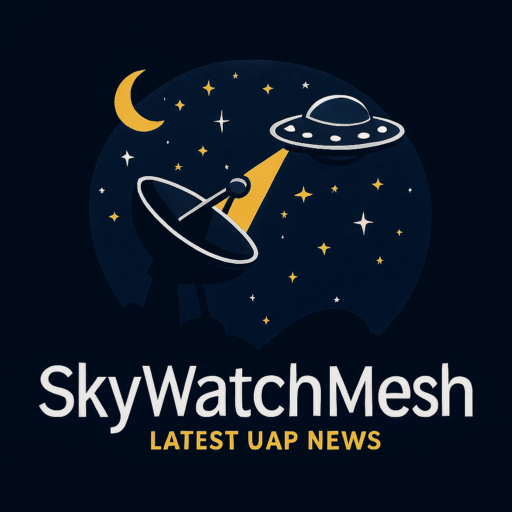Netskope this week announced it had updated its universal zero-trust network access (ZTNA) solution to extend secure access capabilities to Internet of Things (IoT) and operational technology (OT) devices that typically cannot run traditional agent software.
Netskope says the product updates will help organizations address the security challenges of complex hybrid enterprise environments. The Universal ZTNA solution, which comprises Netskope One Private Access and Netskope Device Intelligence, now includes context-aware device intelligence capabilities that automatically discover and classify device risk through the 5G Netskope One Gateway. The company says the updated capabilities enable organizations to implement zero-trust policies for machines and robots that can’t support agent-based security tools.
“Legacy VPNs, NACs, and early ZTNA tools weren’t designed for the scale, speed, or diversity of today’s enterprises,” said John Martin, chief product officer of Netskope, in a statement. Universal ZTNA, gives organizations a consistent way to secure users and devices, whether they are remote or on the local network, he said. “Through smarter, risk-based policies, embedded protection, and seamless performance, we’re helping organizations cut complexity, reduce risk, and turn secure access into an enabler, rather than a barrier.”
Robert Arandjelovic, senior director of global solution strategy at Netskope, explains that enterprise organizations are adopting universal ZTNA to expand beyond conventional security service edge (SSE) and ZTNA solutions and more effectively secure users and IoT/OT devices across all technology environments. According to a Gartner report, Universal ZTNA is expected to experience widespread adoption and grow by more than 40% by 2027.
“Universal ZTNA provides this amazing point of consolidation, and it is because tool sprawl is already very present. If we can kill two birds with one stone, and modernize and simplify at the same time, that’s a huge driver. Security teams are never not going to be under budget pressure. In the security space, there are always more things to do and money to spend on it,” Arandjelovic says.
The enhanced solution also reflects the ongoing convergence of networking and security technologies. Device Intelligence extends remediation and access control to east-west traffic through integrations with third-party NAC vendors, he says, while the firewall capabilities of Netskope One Gateway and Netskope One SSE provide zero trust enforcement points for north-south traffic.
Netskope is also introducing embedded Universal ZTNA threat and data protection capabilities that inspect private application traffic for remote and local users. This unified approach addresses threats before they reach the network and safeguards sensitive data across all users and devices, Arandjelovic says.
Netskope is using AI to streamline ZTNA management through its Netskope One Copilot for Private Access feature. The policy optimization tool uses AI to automate granular policy creation for discovered applications while continuously refining and auditing configurations. This is designed to help organizations accelerate ZTNA adoption, reduce complexity, and scale zero-trust implementations with less risk, according to Netskope.
The enhanced Universal ZTNA solution, including Netskope One Private Access and Netskope Device Intelligence, is available now. More information is available on the Netskope blog.
🛸 Recommended Intelligence Resource
As UAP researchers and tech enthusiasts, we’re always seeking tools and resources to enhance our investigations and stay ahead of emerging technologies. Check out this resource that fellow researchers have found valuable.
→ PaternityLab

Leave a Reply